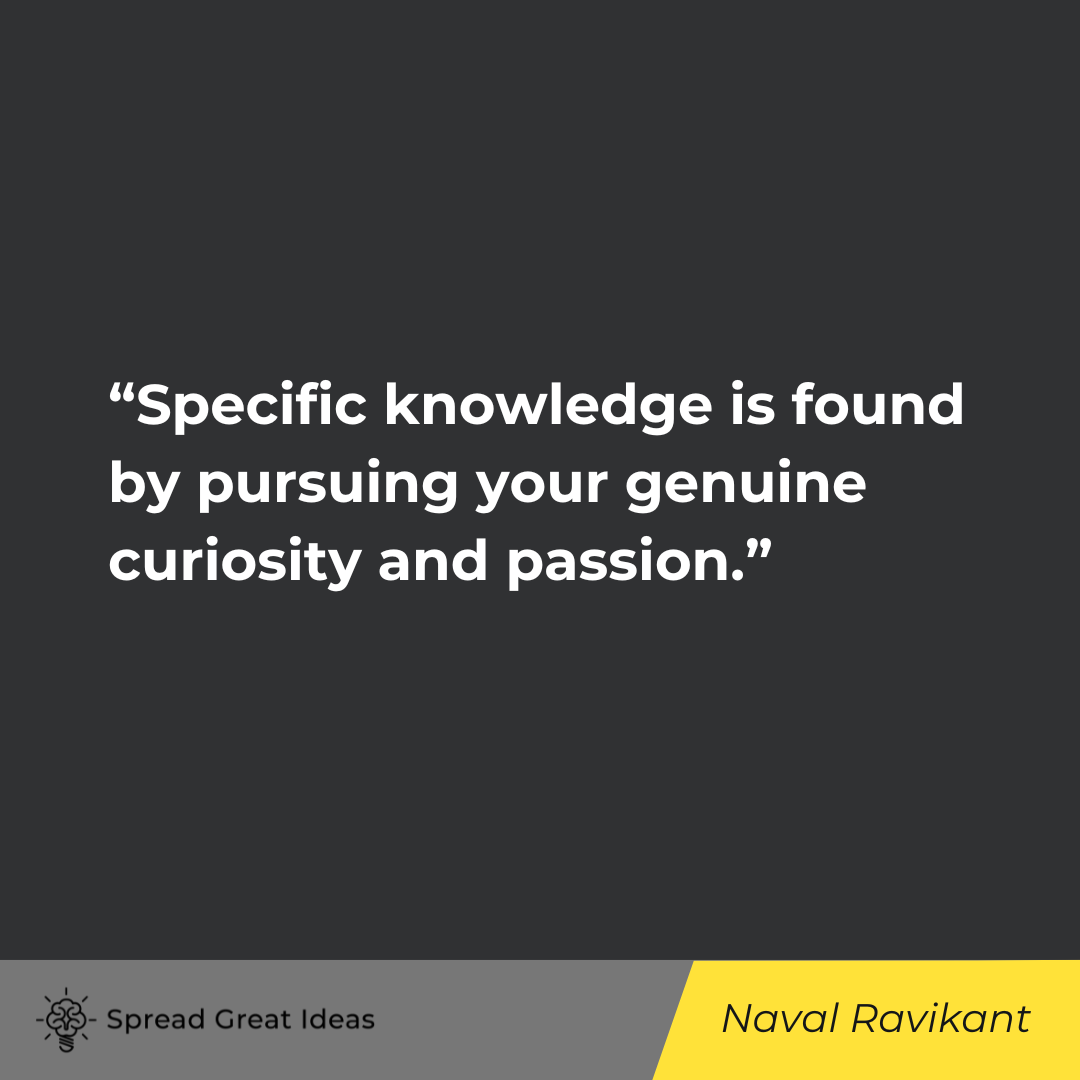Table of Contents
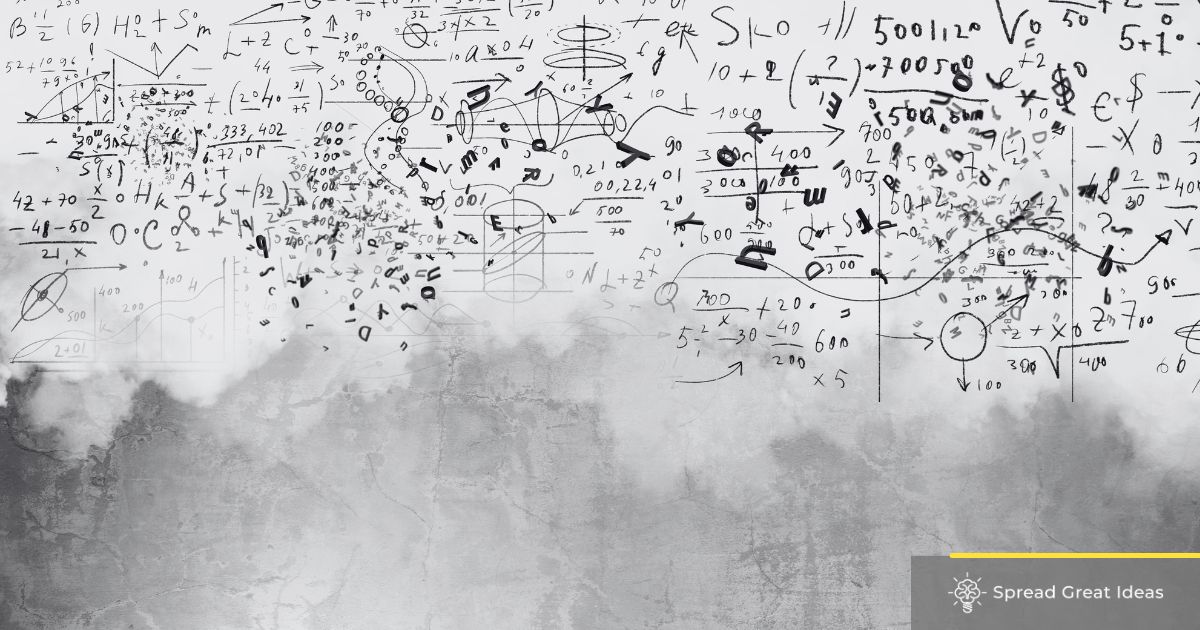
In today’s dynamic and rapidly evolving world, the pursuit of knowledge stands as a cornerstone of personal and societal growth. From the ancient wisdom of philosophers to the insights of modern thinkers, the importance of knowledge has been emphasized across cultures and throughout history. This article aims to explore the profound impact of knowledge through a collection of insightful quotes, showcasing its transformative power and enduring relevance.
Knowledge is more than just information; it is the understanding, application, and synthesis of ideas that enables individuals to navigate the complexities of life with wisdom and insight. It empowers us to make informed decisions, solve problems, and adapt to new challenges. Throughout history, great minds have recognized the value of knowledge in shaping the course of human civilization. In today’s interconnected world, access to information has never been easier, yet the ability to discern truth from falsehood remains a critical skill.
As we embark on this journey of exploration, let us reflect on the timeless wisdom contained within these quotes and embrace the transformative power of knowledge in shaping our lives and the world around us. May they inspire us to cultivate a lifelong love of learning and harness the power of knowledge to create a brighter, more enlightened future for all.
Confucius
“Real knowledge is to know the extent of one’s ignorance.”
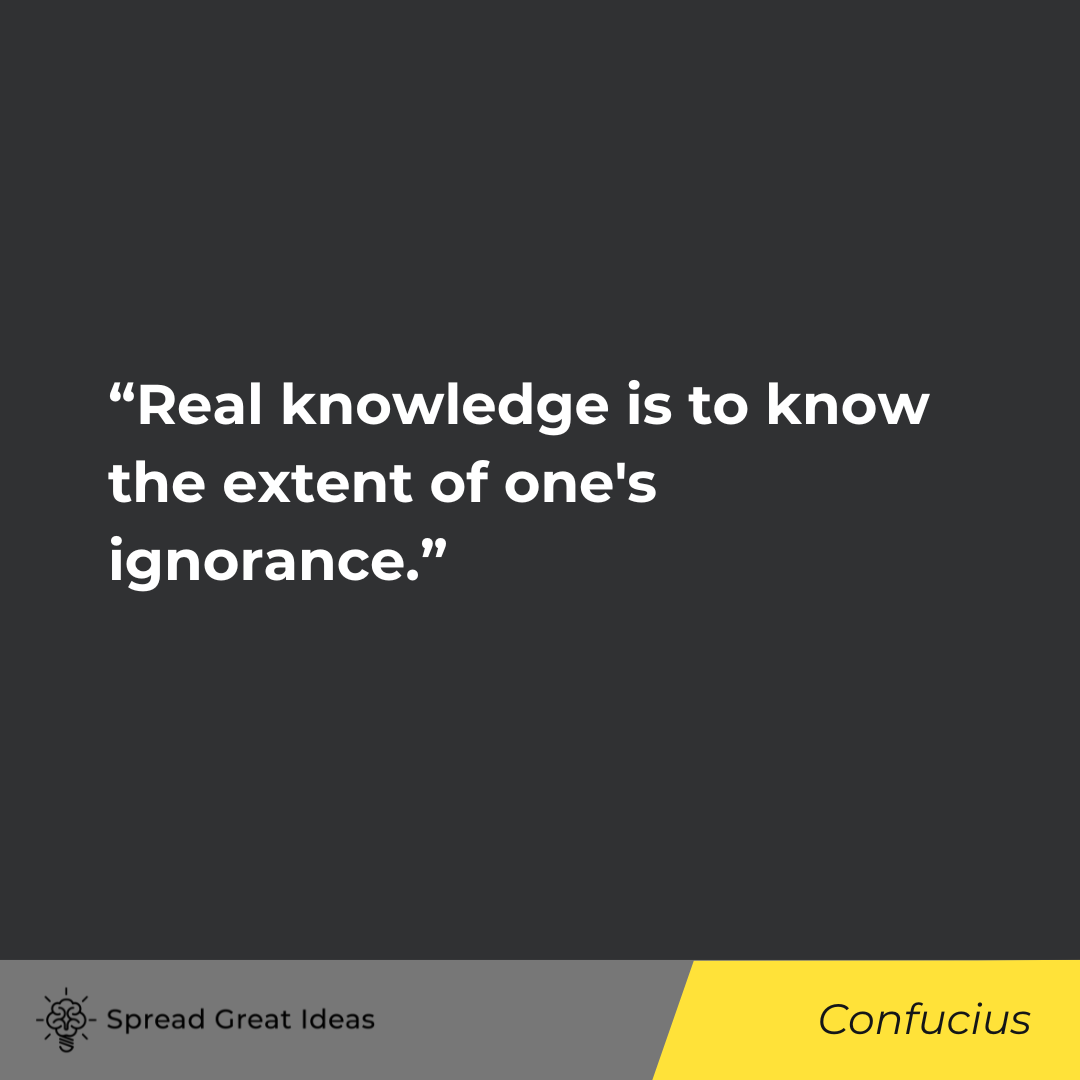
Marcus Garvey
“A people without the knowledge of their past history, origin and culture is like a tree without roots.”
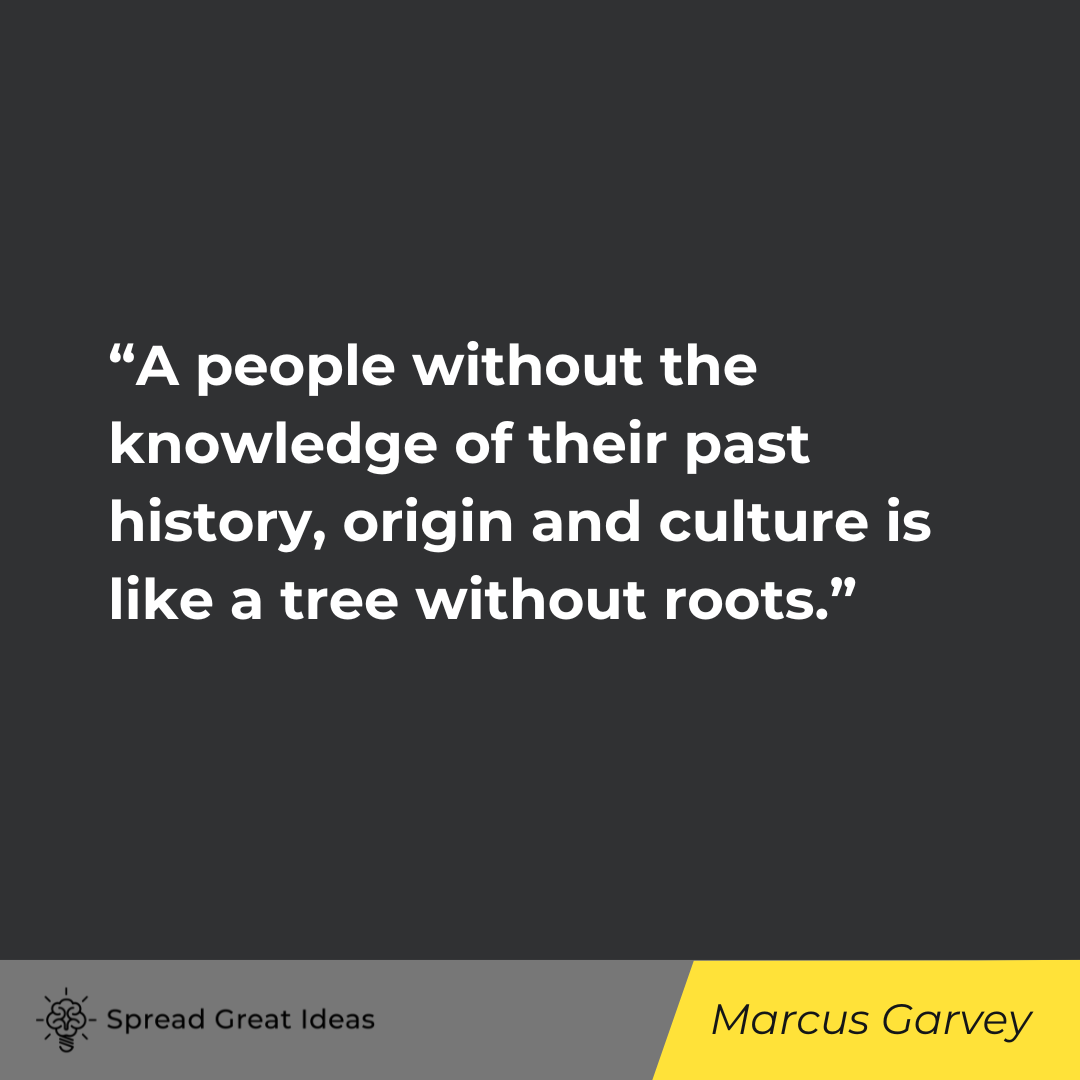
Socrates
“To know, is to know that you know nothing. That is the meaning of true knowledge.”
– Socrates
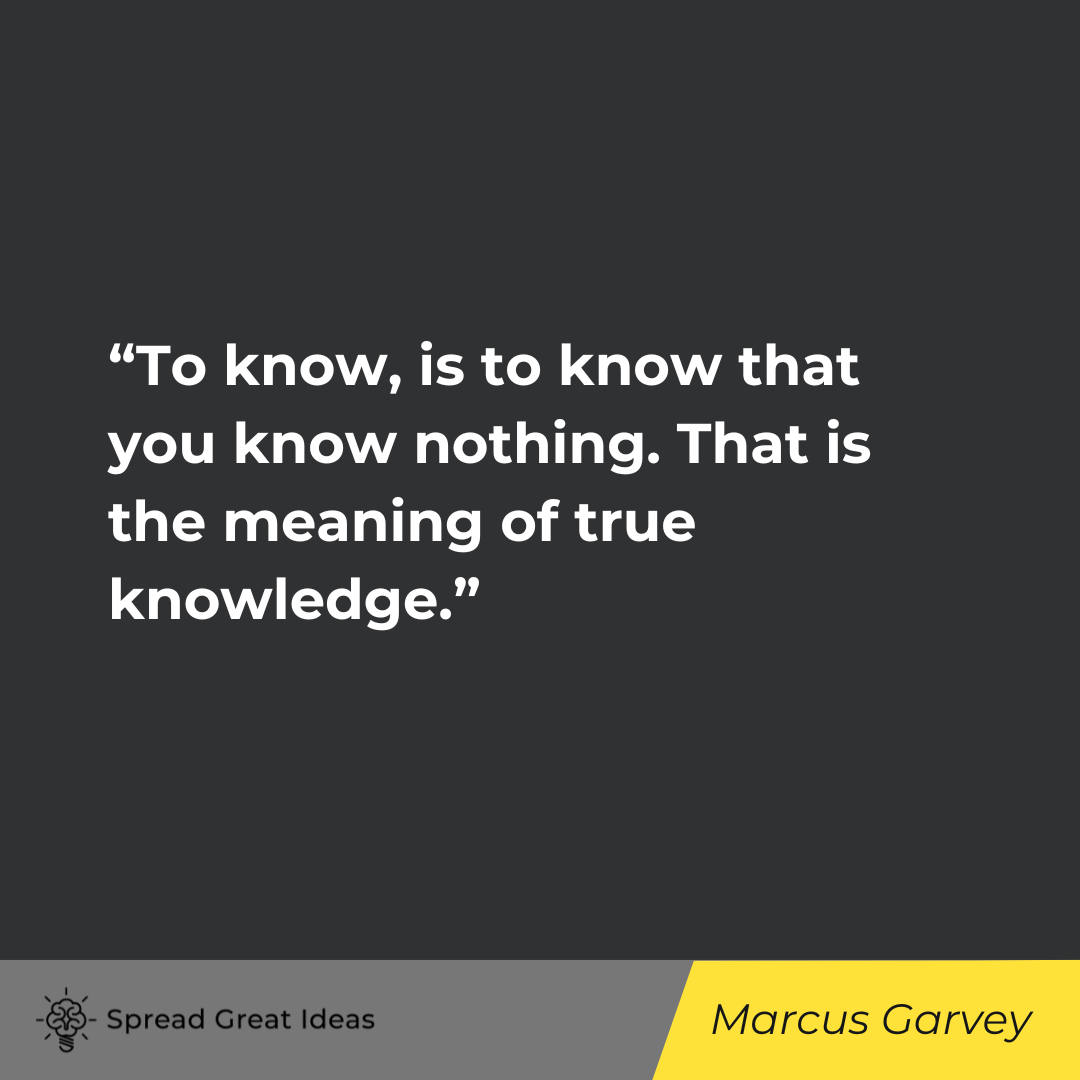
John Locke
“No man’s knowledge here can go beyond his experience.”
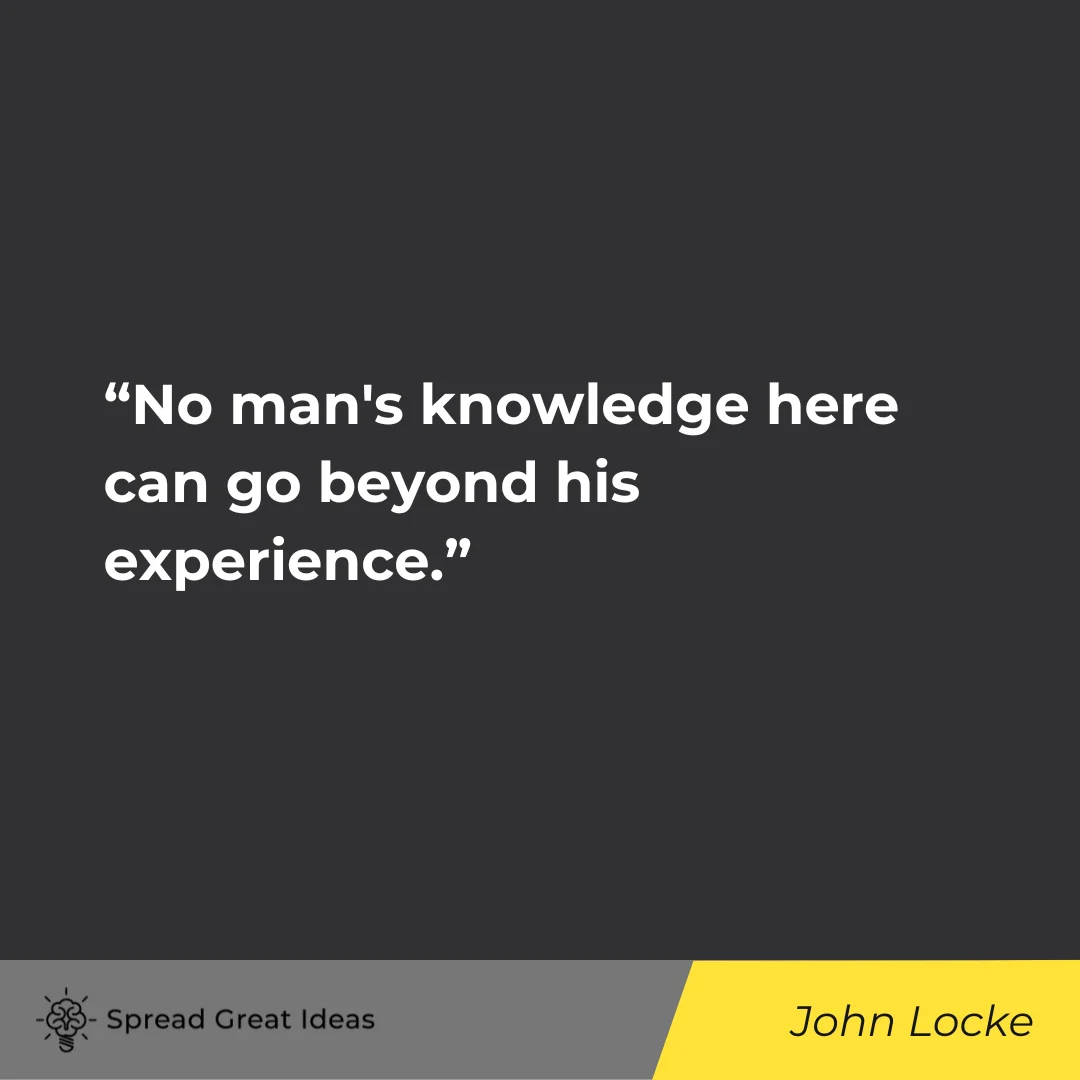
Marilyn vos Savant
“To acquire knowledge, one must study; but to acquire wisdom, one must observe.”
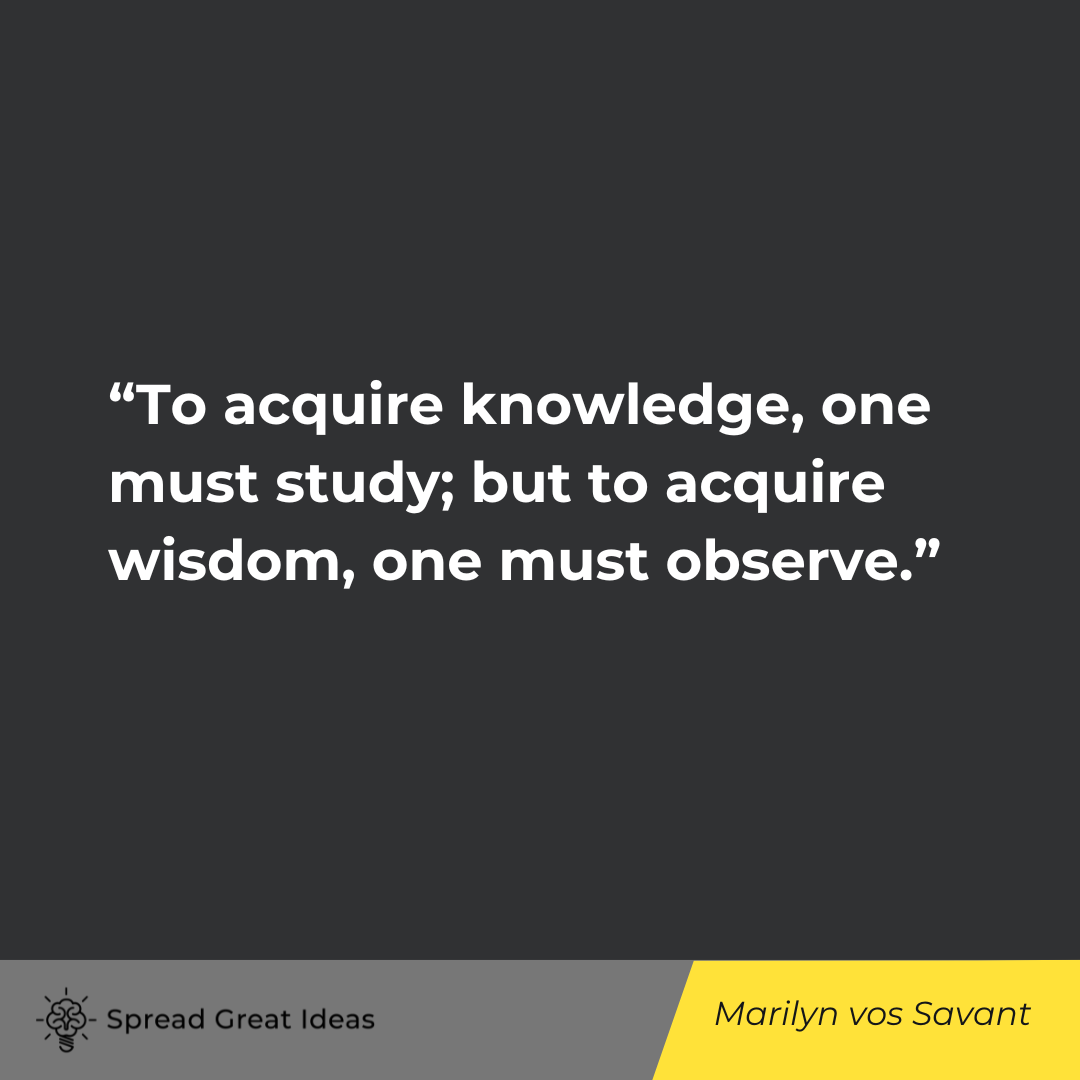
Abu Bakr
“Without knowledge action is useless and knowledge without action is futile.”
– Abu Bakr
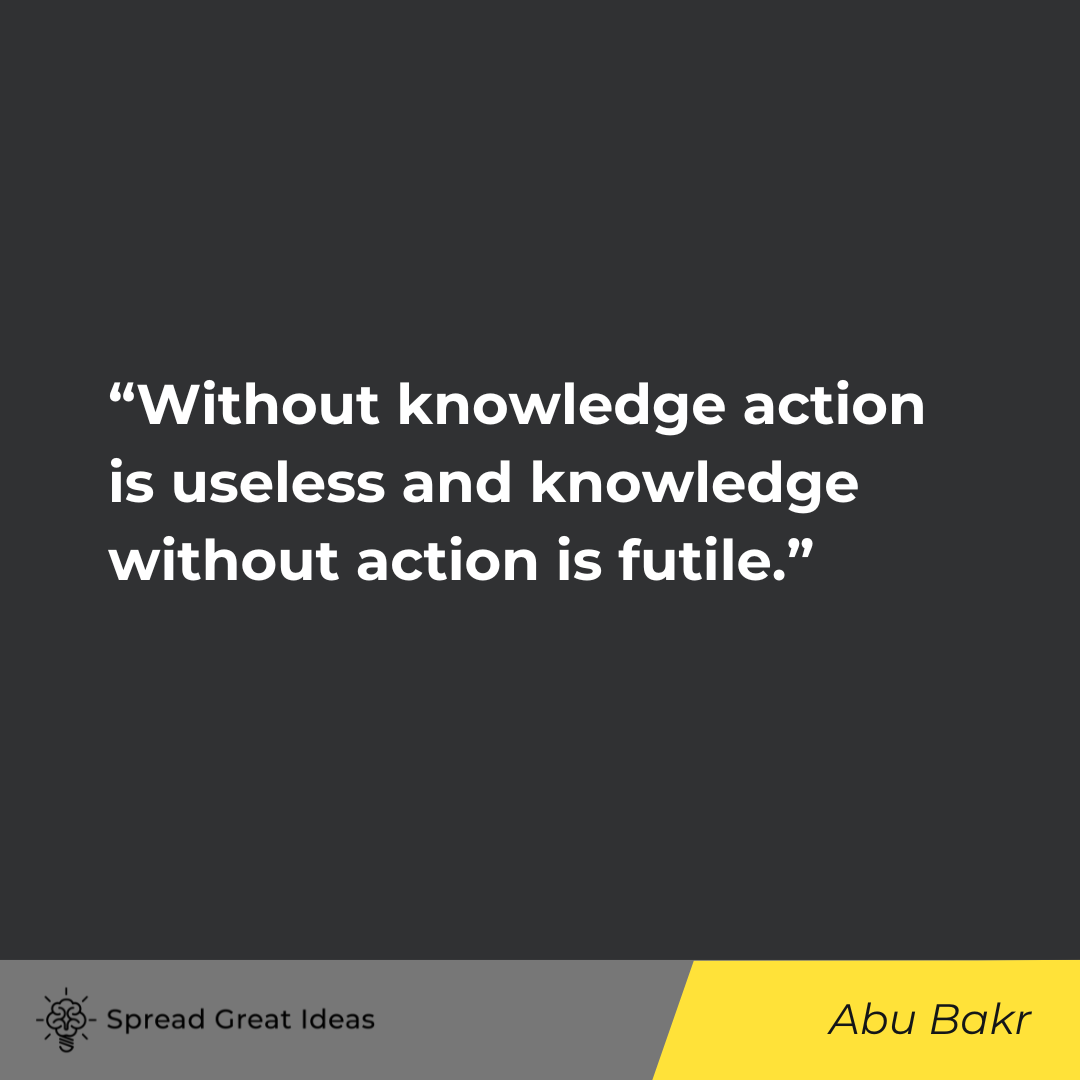
Francis Bacon
“Knowledge is power.”
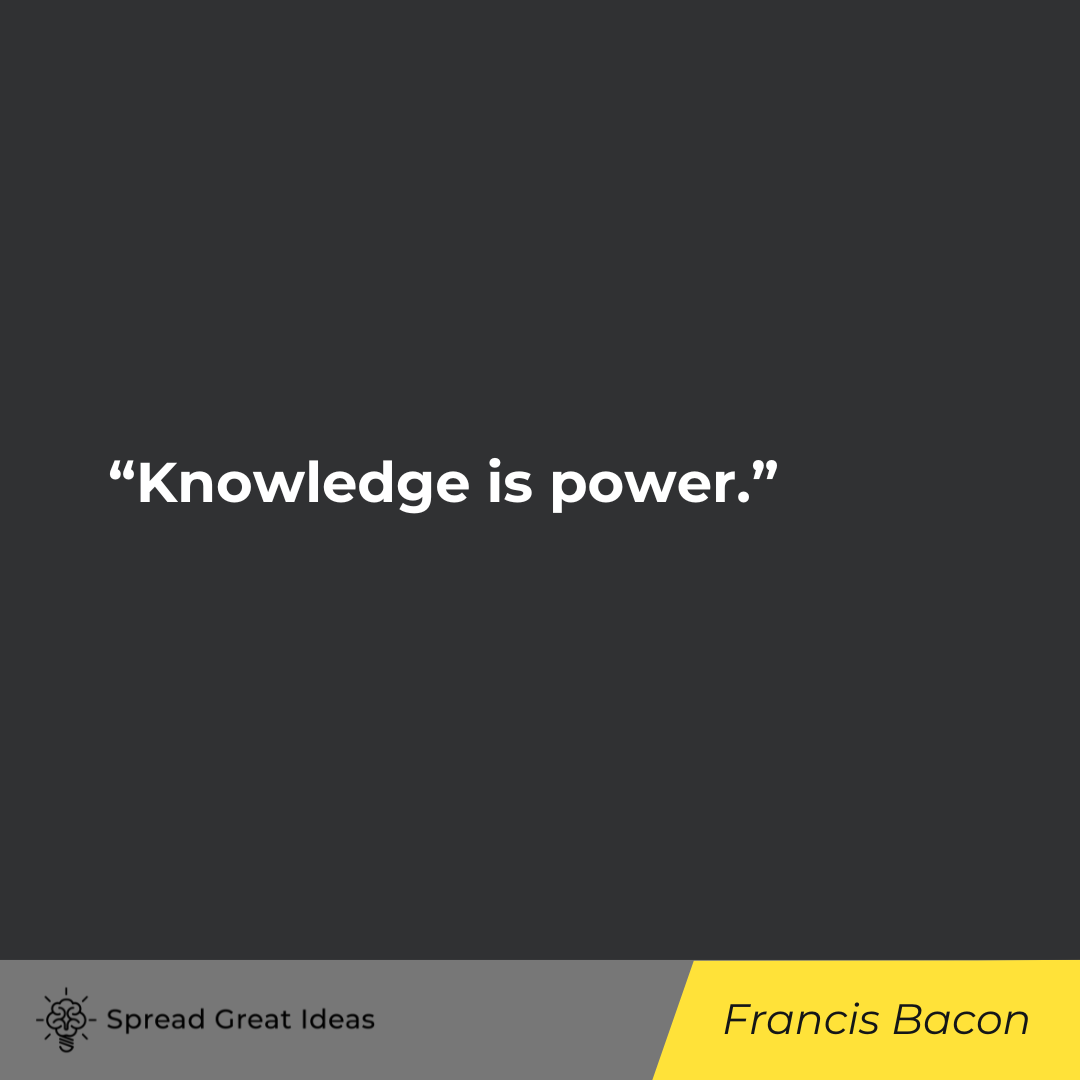
Anton Chekhov
“Knowledge is of no value unless you put it into practice.”
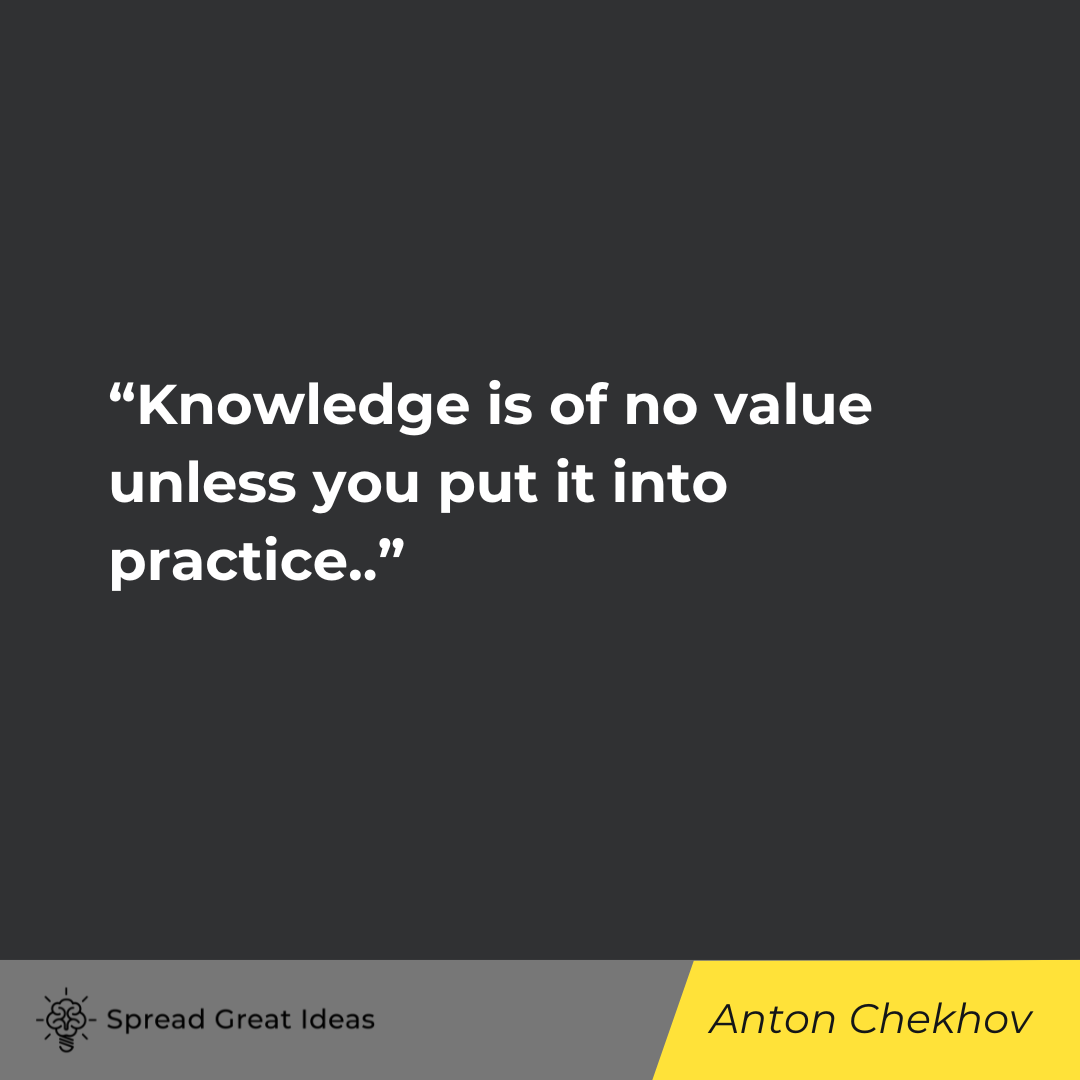
Albert Einstein
“The only source of knowledge is experience.”
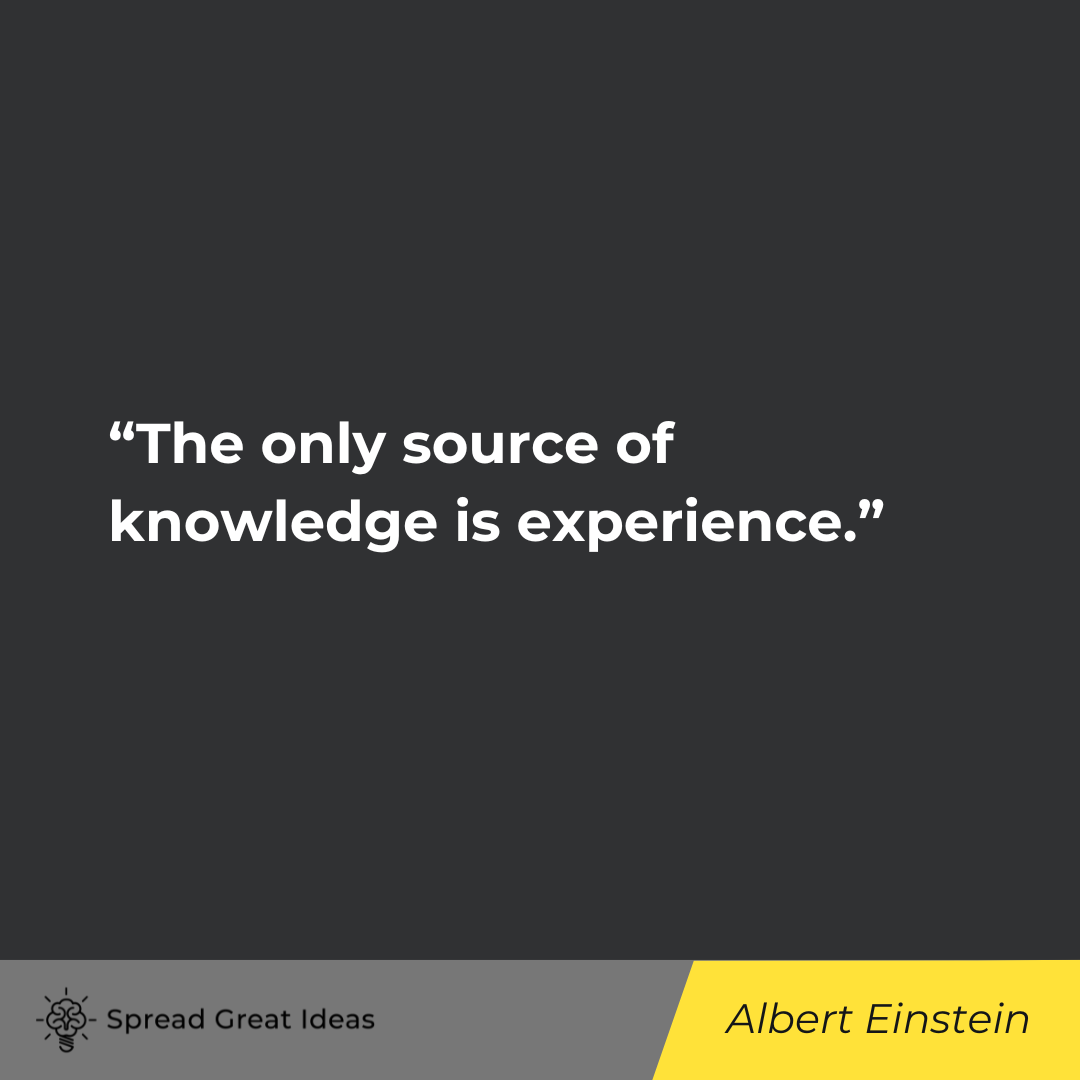
Bruce Lee
“Knowledge will give you power, but character respect.”
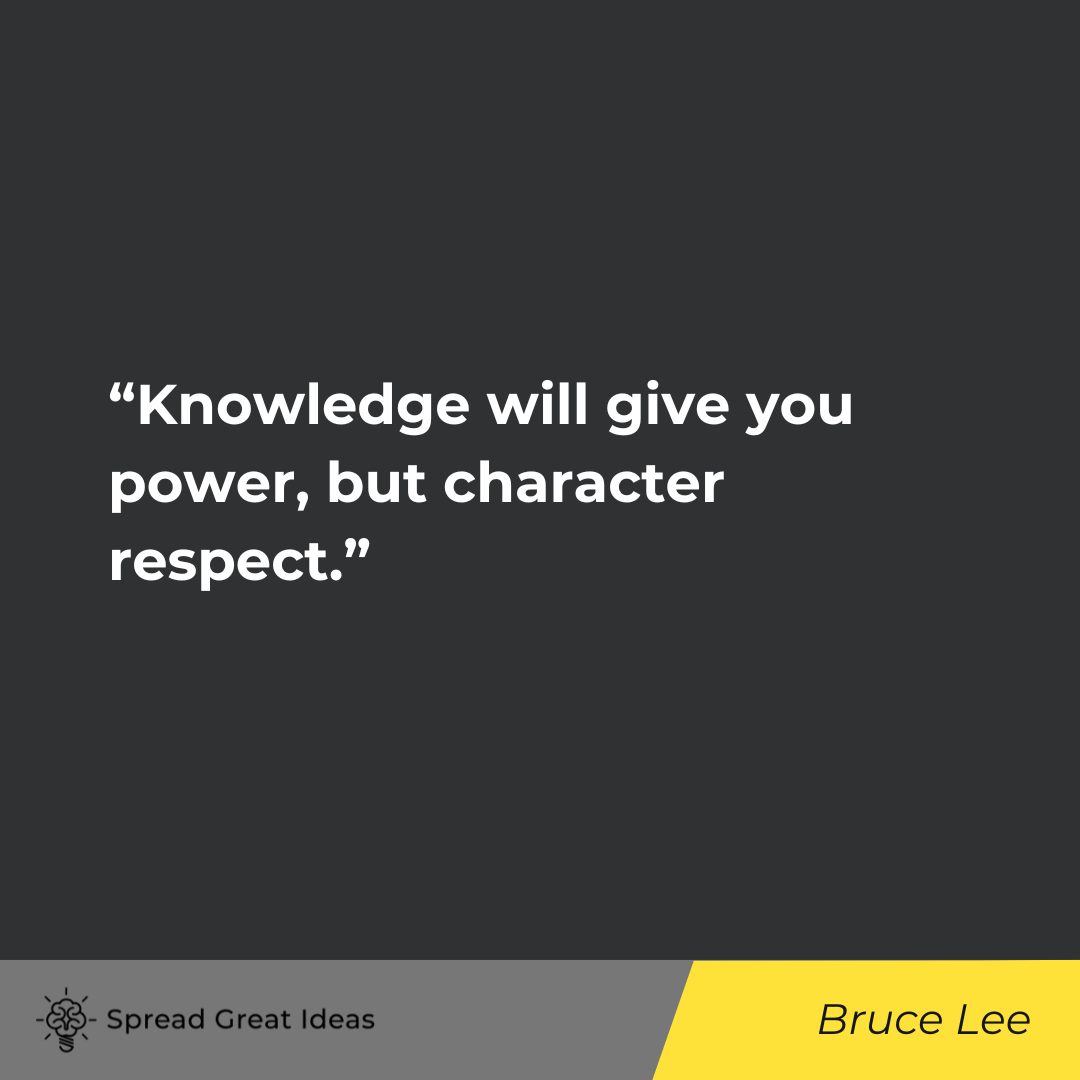
Lao Tzu
“Knowledge is a treasure, but practice is the key to it.”
– Lao Tzu
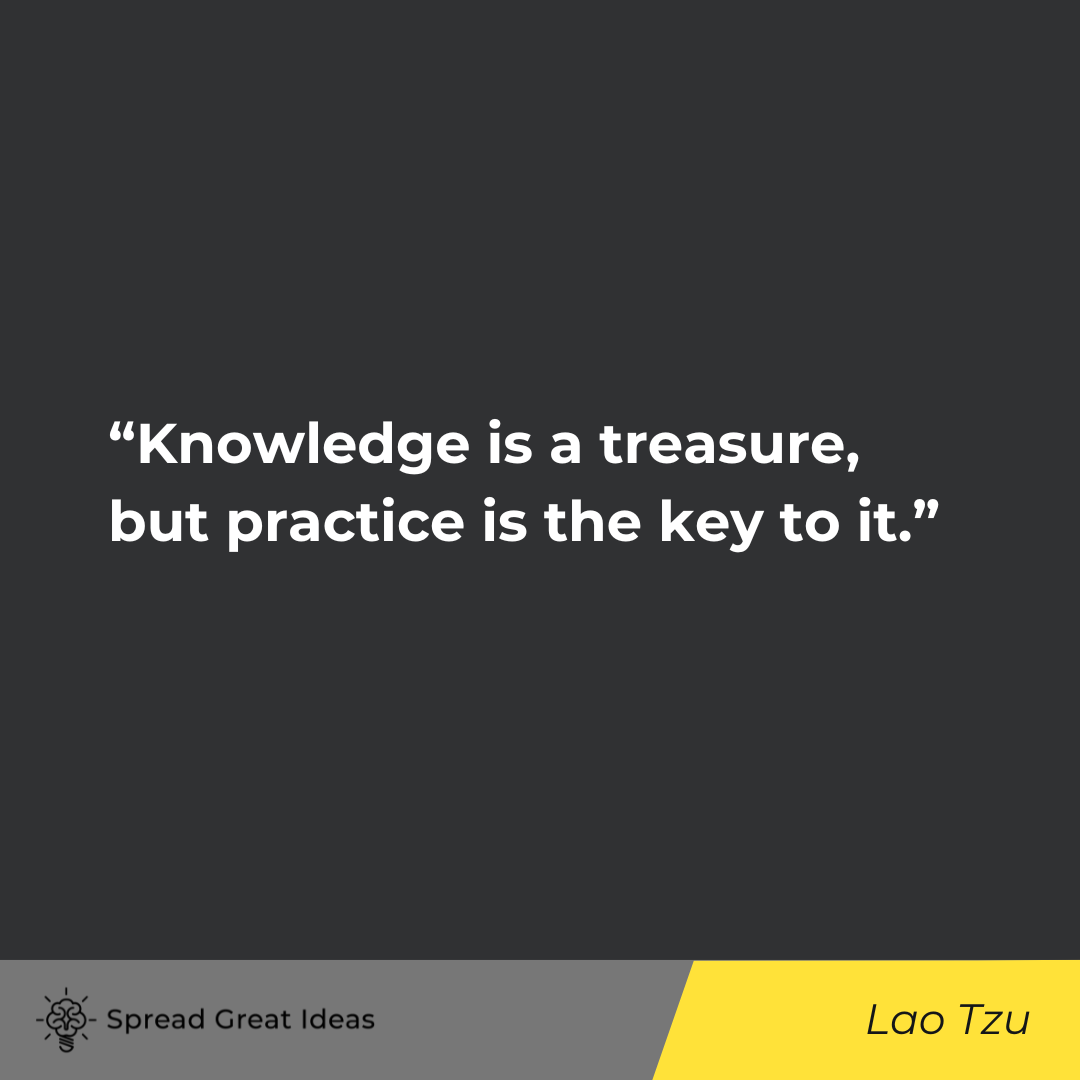
Helen Keller
“Knowledge is love and light and vision.”
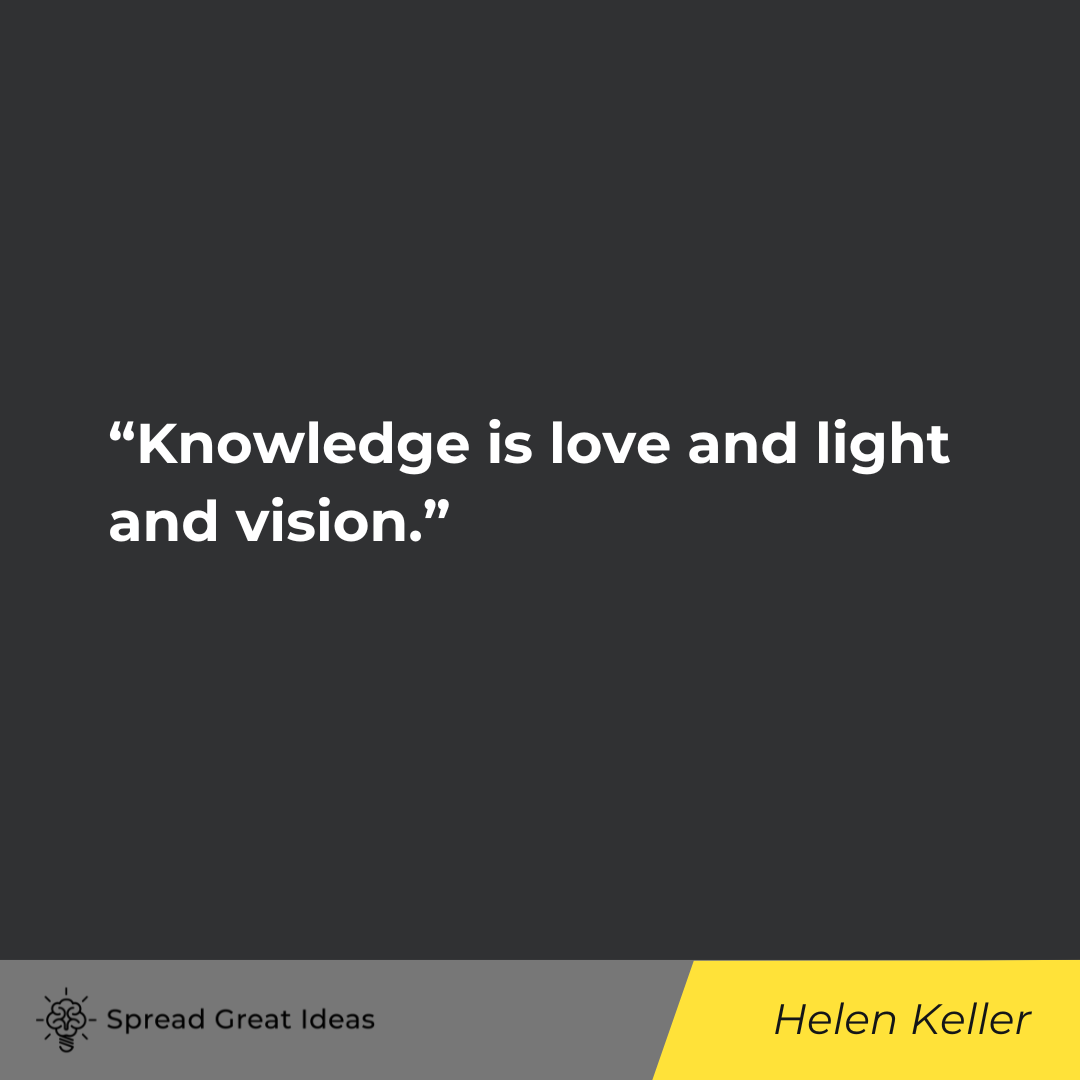
William Shakespeare
“Ignorance is the curse of God; knowledge is the wing wherewith we fly to heaven.”
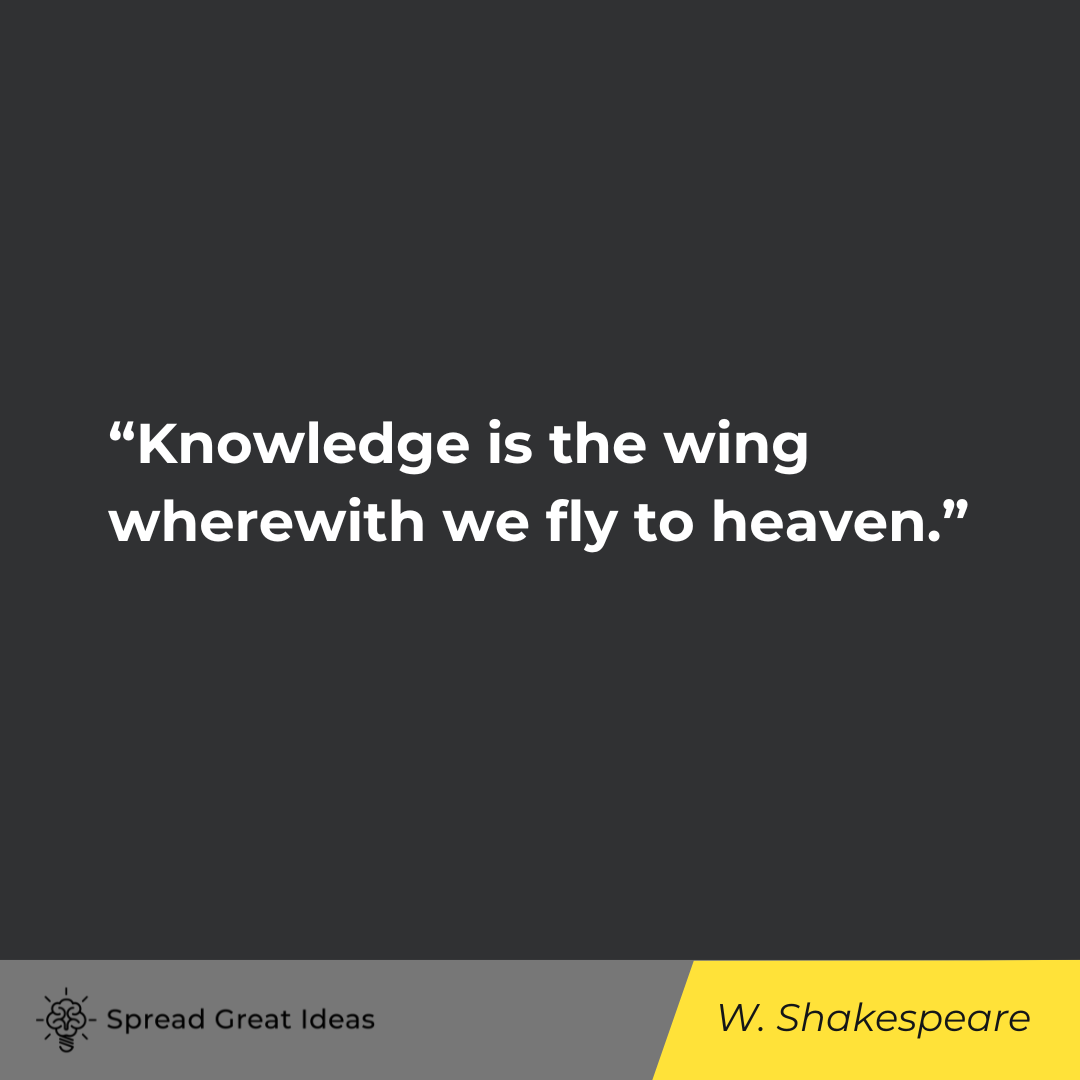
Naval Ravikant
“Specific knowledge is found by pursuing your genuine curiosity and passion.”
– Naval Ravikant
